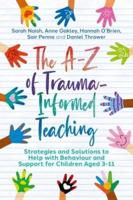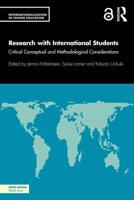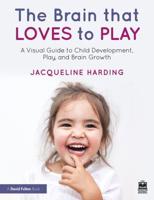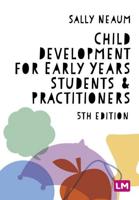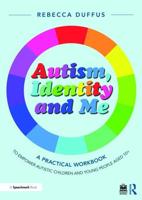Publisher's Synopsis
This study is the first large-scale, mixed methods study of the closing of 47 Chicago elementary schools at the end of the 2012-13 school year. The study used qualitative interviews to understand how students and staff in closed and welcoming schools experienced the closings process, and administrative data to examine the short-and long-term effects of the closings on students' mobility, absences, suspension rates, core GPA, and test scores in both the closed and welcoming schools. This research builds on a prior Consortium study from 2015 that looked at where students from closed schools enrolled and why. In 2013, citing a one-billion-dollar budget deficit, underutilized buildings, and declining enrollment, the Chicago Board of Education voted to close 47 elementary schools and one high school program at an elementary school, and to phase out two more elementary programs the following year. The closings were described as an opportunity to move students to higher-rated schools. Forty-eight schools were named welcoming schools. Fourteen welcoming schools moved into the building of a closed school. On average, students from closed schools made up about 32 percent of the student population in welcoming schools during the year of the merger.

